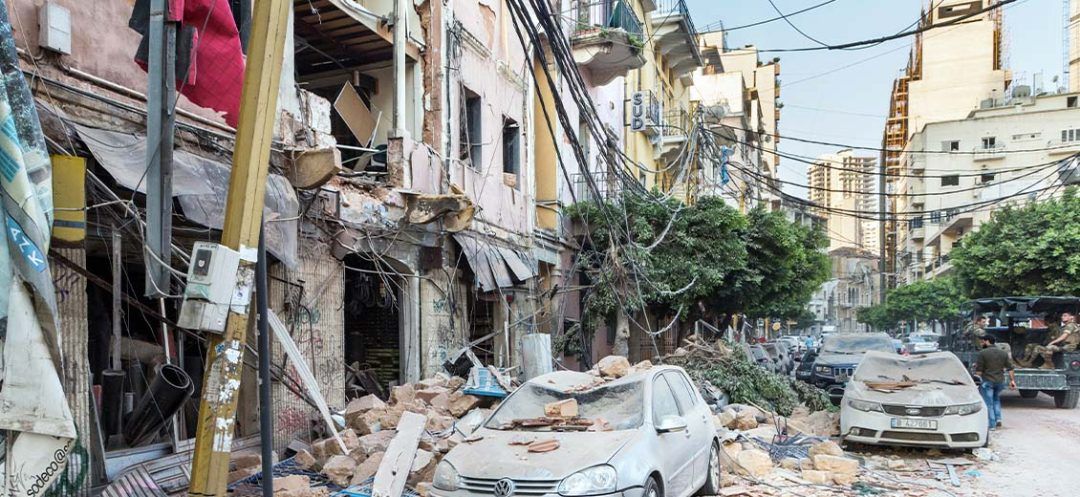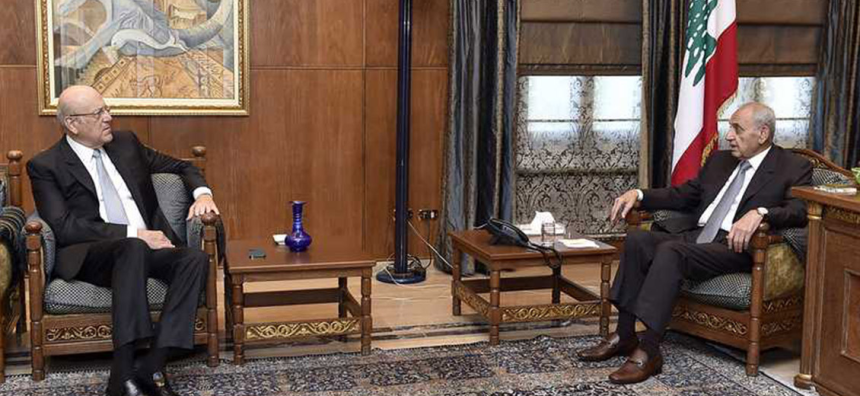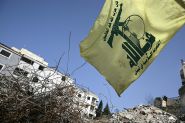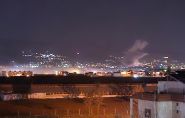
In the wake of the port of Beirut's tragic explosion, a remarkable force emerged on the city streets—hundreds of young volunteers armed with determination and compassion. Their collective efforts to clean up and rebuild in the aftermath of devastation not only restored physical structures but also nurtured a sense of community and shared purpose. Now, four years later, as memories of that fateful event linger, these unsung heroes reflect on their experiences with a mix of gratitude and introspection in an interview with This is Beirut.
What Triggered the Decision to Volunteer
Most agree that the momentum was spontaneous. Social media was ablaze with tips and ideas on how to help.
“We got the idea through word of mouth. We had been feeling so useless,” says Ignace Kairouz, who was 20 at the time.
Enzo Boustany, who was also 20, likes to think that he would have volunteered anyway. “Some of my friends were volunteers in NGOs, and thanks to them, I ended up on the streets. Some of my friends were also directly affected by the blast, so I felt a duty to help even more."
Mostly, these youngsters knew that if they did not take the initiative, no one else would. “We knew that our government would not lift a finger and that the only way to help was to do it ourselves. We brought gloves and shovels and waited for orders,” according to Youssef Khattar, who was in law school at the time of the explosion.
A Sense of Community
As they struggled to make sense of the horror surrounding them, these young cleaners also discovered feelings that were somehow new to them.
“We were acting robotically. We didn’t allow space for emotions to kick in,” says Farah Kabbani, 25 at the time, adding that solidarity was the major prompt.
However, the feeling that is most commonly reported is that of belonging. This impetus created a sense of community, belonging, and usefulness. “It was weird. We were in the middle of the apocalypse, yet there was a feeling of belonging mixed with horror. It was reassuring to see all these people, some coming in from as far as Akkar. It was a feeling of belonging to a community,” says Ignace Kairouz.
Youssef Khattar adds that even the people who had lost their homes or been injured were always inquiring about their well-being, offering drinks and food (even though they didn’t have much to eat themselves). “Despite the trauma, volunteers and residents established a bond.”
Learning Experience
"There is common ground even beyond social class, and Lebanese people are welcoming even when they have lost everything," says Youssef Khattar of his learning experience.
“I learnt how to use tools and build things. More importantly, I learned the value of forming meaningful relationships with people outside my family,” continues Enzo Boustany.
Superficially, this experience taught me how to build walls, use cement, etc. More importantly, it showed me what Lebanon is like outside of my "bubble,” adds Ignace Kairouz.
Impact and Feelings
For most members of the “cleaning up army,” there was a mix of emotions. “We were grateful to help, yet we knew that it was not normal to function in such circumstances. We should have been allowed to collapse, to not be okay,” shares Farah Kabbani.
“It’s complicated to explain. I felt good because I was useful. It was also treacherous because I felt that I wasn’t allowed to feel good about what I was doing due to the magnitude of the destruction,” reports Enzo Boustany. The same feeling was decribed by Ignace Kairouz, who added that he felt selfish to feel good about what he was doing when he had a home to go back to and others didn’t.
Four Years Later…
Four years into the port explosion, Beirut’s volunteer cleaners reflect on their experiences, which, despite the horror and trauma, bring out feelings of selflessness and goodwill.
“I feel grateful to have had such power and to have been able to act and help out in the moment,” shares Farah Kabbani. "However, once I was no longer on "automatic pilot", I felt the need to leave Lebanon, and I did."
“We have selective amnesia, and four years later, it’s as if we cleaned up in order to forget not to get better. I will always be there to clean up, but it is not worth putting your life at risk for it. This is why I live abroad; it was not a choice; I (and others) were kicked out.”
“Four years later, I can say that it was a positive experience because I interacted with Lebanese youth that stood up to help people instead of running away. To know that my people are good and united is extraordinary. It’s important to realize that national unity exists when we need it,” repeats Youssef Khattar, who completed his law degree in Beirut.
“There was a sense of a job well done. When I saw people going back to their homes and putting books on shelves, it was very satisfying,” says Ignace Kairouz. "However, after that, I left Lebanon, and in hindsight, this led to a feeling of guilt."
Enzo Boustany also reflects on the satisfaction of a job well done and the chance to build relationships with people who remain in his life to this day.
Four years after Beirut's devastating explosion, the volunteer army's selfless efforts resonate with gratitude and introspection. Despite the mixed emotions of guilt and accomplishment, these young heroes reflect on their impactful contributions with pride. As time passes, a blend of nostalgia and realism colors their memories, highlighting the enduring power of compassion in times of crisis.
Read more





Comments